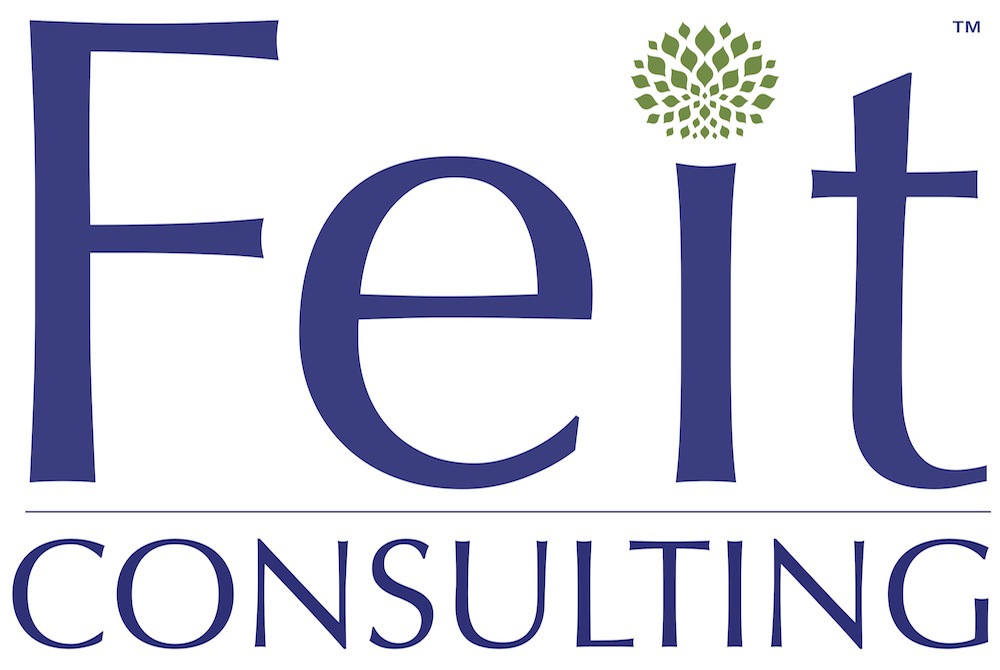
What happened in 2017?
By Michael Feit | Contract Negotiations , Feit Consulting , Librarians , Resources , Sole Provider , Vendors
Westlaw and Lexis continued to see their market share erode due to firms eliminating one or the other vendors as the Sole Provider trend continues. Lexis is now starting to become victorious where previously Westlaw has dominated the market. What is interesting is the rate at which firms choosing Lexis to Westlaw has increased.
Lexis really stepped it up in 2017. By purchasing new companies and developing a suite of products. Lexis holds onto firms that might have canceled by allowing access to their exclusive suite of products, making it difficult for firms to exist without Lexis.
Westlaw maintains legacy popularity but we find them priced too high in many places and firms cannot justify the astronomical price disparities. Firms are unhappy with Westlaw’s inexplicable pricing model and as a result, more firms are eliminating Westlaw more so than ever before.
BBNA had some success in 2017. They have been breaking into firms that have phased out Westlaw or Lexis but for the most part they are more expensive than Westlaw/Lexis and firms are not interested spending that much money on an unproven product.
Westlaw/Lexis were very aggressive in going after firms that they had historically lost by giving firms they lost? 10-15% of firms that had previously canceled a vendor contract are “flipping” in order to get best in market vendor pricing, sometimes at 1/10th the price, and taking vendors back to these lower price points.






